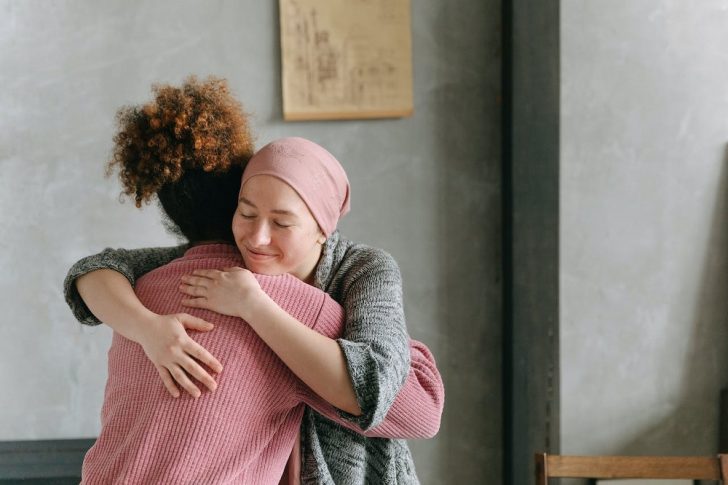We all yearn for emotional connection in our lives, as it provides us with a profound sense of love and belonging that helps us navigate life's challenges. The benefits of these deep connections extend beyond our emotional well-being; they can also significantly impact our mental and physical health.
Today, will explore the importance of emotional connection in relationships and learn how to cultivate it effectively.
The Impact of Emotional Connection on Mental and Physical Health
Having those emotional ties isn't just about warm and fuzzy feelings—it's a game-changer for our mental and physical health. Think of it as having this invisible shield against anxiety and depression, something that wraps you in comfort when life gets tough. But not all bonds are the same; some relationships might just scratch the surface, while others dive into the depths of emotional closeness.

Thirdman/ Pexels | When you love someone, you love the whole person, just as they are and not as you would like them to be
Science has been on the case, proving that strong social connections aren't just good for the soul; they're good for your body too! It's like having this secret elixir that helps you live longer and keeps those health issues at bay. But let's be real; finding that kind of connection isn't always easy.
So, how do you create that deep, meaningful bond? That's what we'll explore next—navigating the road to emotional connection in different relationships because, let's face it, we all could use a bit more closeness in our lives.
Understanding Emotional Connection
Emotional connection is an abstract concept that cannot be quantified or measured with scientific tools. Nevertheless, certain key elements define it. According to experts, a healthy emotional connection involves being authentic, feeling safe and vulnerable, displaying mutual compassion, experiencing equal support, and enjoying shared moments.
Lauren Taveras, PsyD, a licensed clinical psychologist, notes that our ability to connect emotionally with others stems from our early attachment experiences with primary caregivers. If past experiences make it challenging to connect emotionally, therapy with a licensed therapist can be a valuable resource.

Jack Sparrow/ Pexels | Love is the bridge between you and everything
The Role of Vulnerability in Building Emotional Connection
Vulnerability is the cornerstone of emotional connection within healthy relationships. Quality connections thrive on deep levels of openness and trust. It strengthens their bond when individuals can express themselves honestly without fear of judgment. Research in Psychological Reports underscores the significance of trust in relationships, particularly romantic ones.
Five Strategies for Building Emotional Connection
Whether you seek to enhance your connection with a friend, partner, child, or anyone else, these strategies can deepen your relationship with your loved ones.
Effective Communication
Effective communication is crucial in nurturing emotional connections. Regularly check in with your loved ones and genuinely listen to their concerns and feelings. Offer validation and understanding by acknowledging their perspectives.
Allocate time for longer conversations, such as during date nights, where you can openly discuss what is going well and areas where you both wish to improve your relationship.

Leah Kelley/ Pexels | We are most alive when we're in love
Embrace the 5 Love Languages
Discover and understand the love languages of your loved ones, which include words of affirmation, quality time, physical touch, gifts, and acts of service. Express your love in ways that resonate with their love language to deepen their emotional connection.
Make It Fun
Positive emotional experiences strengthen relationships. Share enjoyable moments and laughter with your loved ones. Research suggests that laughter enhances social bonding, so don't underestimate the power of humor in strengthening connections.
Embrace Vulnerability
Being open and vulnerable is essential for meaningful connections. Share your genuine thoughts, feelings, and experiences gradually as trust develops. Take the time to build safety and trust in your relationships.
Set Healthy Boundaries
Maintain healthy boundaries in your relationships to preserve your sense of self while fostering deep emotional connections. Clearly communicate your boundaries and ensure your loved ones respect them.










